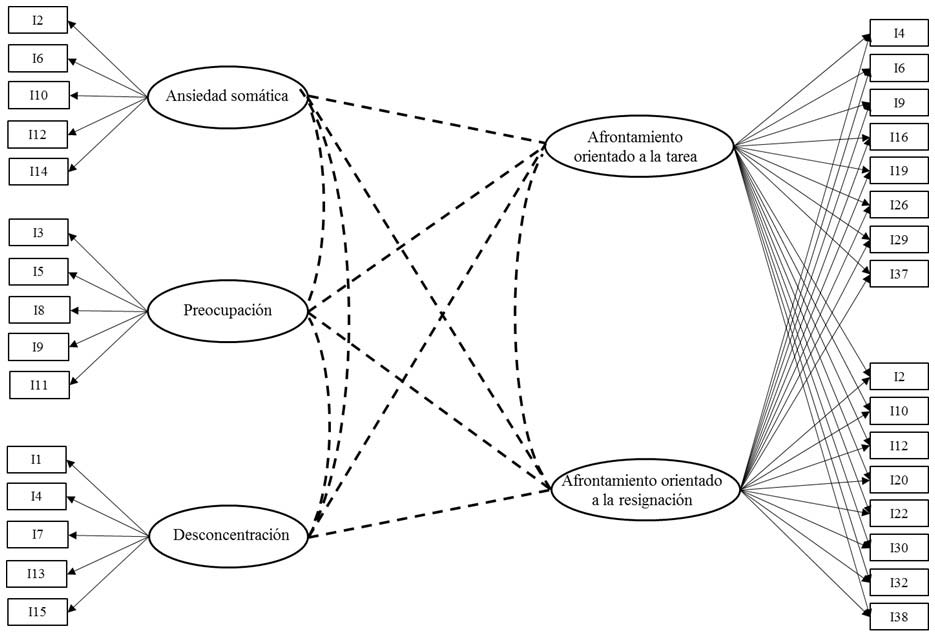Anxiety Levels and Coping Styles Depending On the Perceptual-Motor Skills of the Sport
Keywords:
Stress, Emotional Management, Sport Type, InvarianceAbstract
Coping with emotions represents one of the most important demands of youth sport, yet existing important differences depending on the characteristics of each sport. Some of these characteristics (e.g., individual or team sport) have been comprehensively studied in previous literature. In contrast, other characteristics such as perceptive-motor skills required by each sport (i.e., open versus closed skill sports) have received less attention. Focusing on this specific characteristic, this study aimed to explore the possible differences in trait competitive anxiety levels and coping usage depending on whether practised sport required an opened or closed skill. Within this purpose, 804 athletes (M = 15.59; SD = 1.97) who practised an open (n = 593) and closed (n = 211) skill sports participated in this study. Participants completed competitive anxiety and coping measures. Once invariance analysis showed the equivalence among groups, we made a regression analysis for each competitive anxiety and coping subscale. We also included gender and age as predictive variables of the models. Results showed higher somatic anxiety levels in closed skills sports and higher levels of cognitive anxiety (i.e., worry and concentration disruption) in open skill sports. Regarding coping, results suggested equivalent levels of task-oriented coping usage; and higher disengagement-oriented coping usage in open skills sports. These results are coherent with the performance immediacy requested in closed skill sports, and the low predictability of open skill sports.

